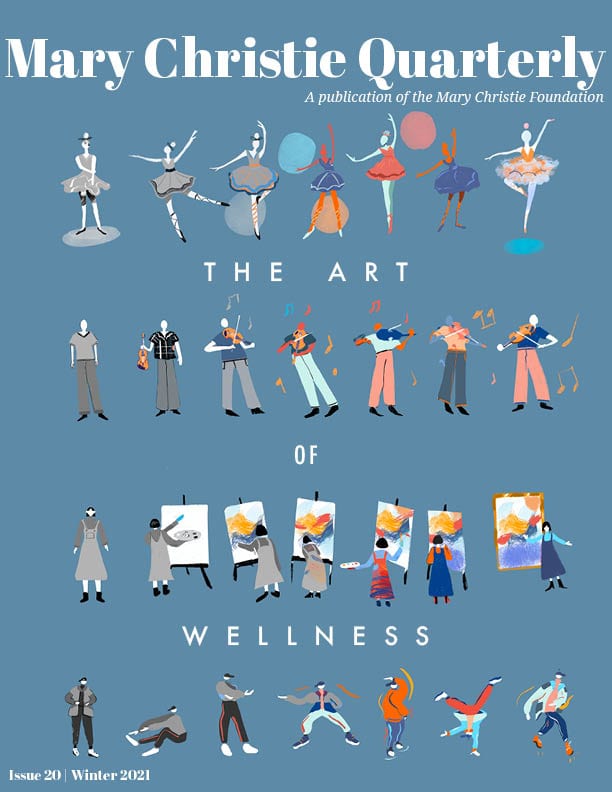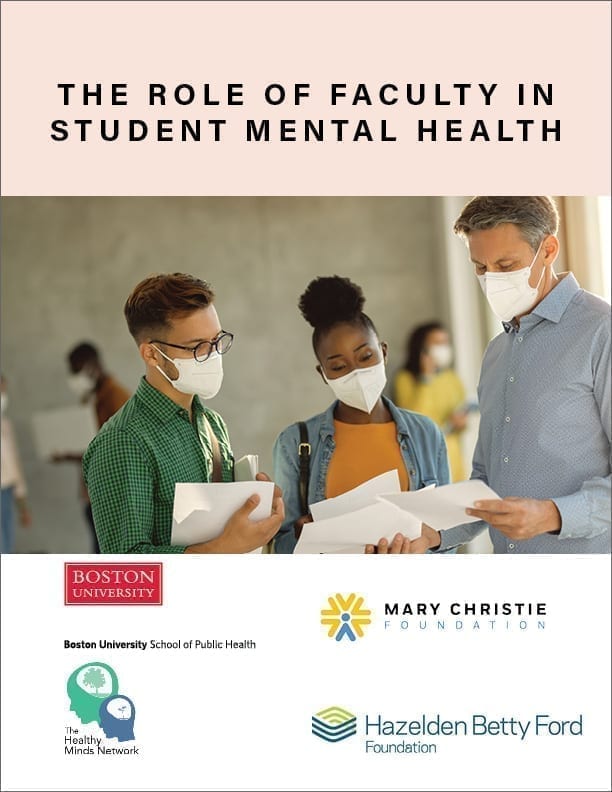The need for a national resource like the Mary Christie Institute has never been greater as the pandemic and the social injustices of 2020 and 2021 have exacerbated the already disturbing rates of anxiety, hopelessness and decreased sense of belonging among young people.
The MCI produces regular programming on a range of issues affecting teen and young adult behavioral health and has deep engagement with higher education leadership — the presidents, provosts, and student affairs professionals who are addressing the behavioral health crisis on campuses throughout the country.
Through its work, the Mary Christie Institute has connected thousands of higher education professionals from hundreds of colleges throughout the country on issues impacting student behavioral health. Its publications are read or listened to by thousands of audience members made up of higher education administrators, policymakers, and behavioral health experts; the Institute has partnered with every known national organization working within college student behavioral health and teen and young adult behavioral health generally; and it has highlighted the work of hundreds of experts and researchers in the field.
The Mary Christie Institute is expanding both its policy scope and its programming to help improve how schools and communities steward the healthy development of teens and young people of all abilities, backgrounds and resources. In the next five years, The Mary Christie Institute aims to:
- Expand its examination to key transition periods – late high school and early employment.
- Fill major gaps in research and dissemination in teen and young adult behavioral health
- Expand its journal to become a peer-reviewed source for breakthroughs in teen and young adult behavioral health
- Unite like-minded organizations across the country in collaborative programming and advocacy






